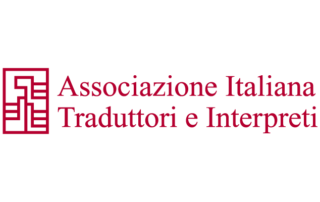Offering online translation services gives you the opportunity to reach with your offer to virtually unlimited audience. Such broad clientele comes with a wide range of translation needs. From translation of private or corporate correspondence, through resumes and cover letters article and websites to scholarly publications. Marketing yourself as an individual who can translate any text is a common practice, especially among those entering the profession. But the reality is that not every job is for everybody and you just can’t be an expert in everything. At some point you will at least have to consider choosing a translation specialization.

The importance of choosing a translation specialization.
Translating a text from a field of knowledge you have no idea about is like trying to explain to someone how to dance in an email. You can take your time explaining each movement in details, but in most cases, the results will hardly be anything but a disappointing clumsiness.
Translating a specialist text from outside of your expertise can indeed be like walking through a minefield. And there’s more to specialized knowledge than just the language barrier. It’s also a matter of having an in-depth knowledge of the industry and its practices, current trends and challenges, Naturally, it is possible to do a quick research for the purpose of a given text: look things up on the internet or dictionaries, but such haphazard training is likely to result in errors and distortions.
Therefore it might be necessary to become a specialized translator. How to choose an area of expertise in the translation field and what are the most important factors to take into account?
How to choose your niche?
An intuitive option for some, is to follow their own passions and specialize in an area they already find interesting. And there are obvious benefits to this solution. First of all, you would be doing what you already enjoy and care for! They say if you pick a job you love, you won’t have to work a single day in your life. But what if the thing you have a passion for is too narrow a niche to attract many clients and become successful?
Another way to go is to choose your translation specialization with respect to demand, competition and access to information. That’s why it sometimes happens that the specialization finds you, not the other way round. Once you get to become an expert in the field of pharmaceuticals, finance or law, you are way ahead of the all-purpose translators.
The more niche specialization, the greater demand for it on the market. This principle applies to translations from and into the most popular languages. If you are one of thousands German translators, a specialization gives you bigger chances to stand out and achieve success.
Having a specialization allows proper targeting and makes you gain expert knowledge. However, everyone who wants to work as a translator must be aware that this profession requires constant training, gaining knowledge and development, along with many years of practice. Success depends to a large extent on your own work. Nevertheless, it is worth managing your education in order to acquire skills that will be useful as soon as possible.










